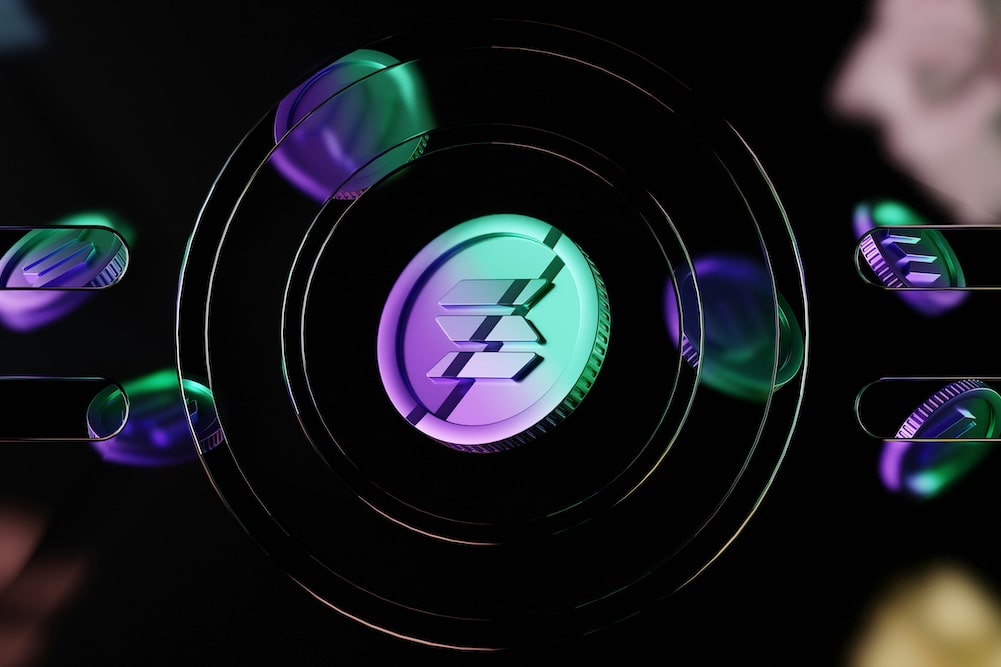Bitnomial, a Chicago-based derivatives crypto exchange, has sued the United States Securities and Exchange Commission (SEC) over the classification of XRP as a security. The lawsuit has been filed in Illinois federal court.
Bitnomial Engages SEC in Legal Battle
The lawsuit comes after the derivatives exchange sought to list XRP futures contracts in August but got objected to by the SEC. Before that, Bitnormal had already been approved by the Commodity Futures Trading Commission (CFTC).
The SEC asserted that XRP futures constitute securities, requiring Bitnomial to register as a securities exchange before listing the contracts. In response, the exchange claimed it could not comply with the legal requirements since XRP has not been registered as a security by the issuer, Ripple Labs.
Bitnomial Argues in Filing
Bitnomial argued that the SEC is overstepping its authority by claiming jurisdiction over XRP. The exchange claims XRP is already regulated by the CFTC as a commodity, making the securities regulator’s involvement unnecessary.
In its argument, Bitnomial cited the recent court ruling in the SEC’s lawsuit against Ripple Labs. The court rejected the SEC’s claim that XRP constitutes a security. The derivatives exchange leveraged this decision to challenge the SEC’s jurisdiction, contesting that Ripple should not be subject to the same regulations as securities.
Bitnomial concluded the argument by acknowledging that it will face severe consequences if the court doesn’t intervene. The SEC’s stance forces the exchange to choose between two unacceptable options. It can either abandon plans to list XRP Futures, wasting invested time and resources, or list it and risk penalties.
Given the harm the dilemma would cause Bitnomial’s business and reputation, the exchange sought the court’s intervention to resolve the regulatory conflict and prevent further damage. The company wants a court order confirming XRP futures are not securities and blocking SEC jurisdiction and enforcement actions over the derivatives.
Not the First in a Week
Bitnomial’s lawsuit against the SEC is not an isolated case. Crypto.com, another digital asset exchange, filed a similar lawsuit on Tuesday, specifically challenging the SEC’s broad classification of crypto assets as securities.
Notably, if XRP is deemed a security, it could significantly impact its value and adoption. The outcome of these lawsuits will set a precedent for crypto regulation in the U.S., clarifying the boundaries between securities and commodities.








